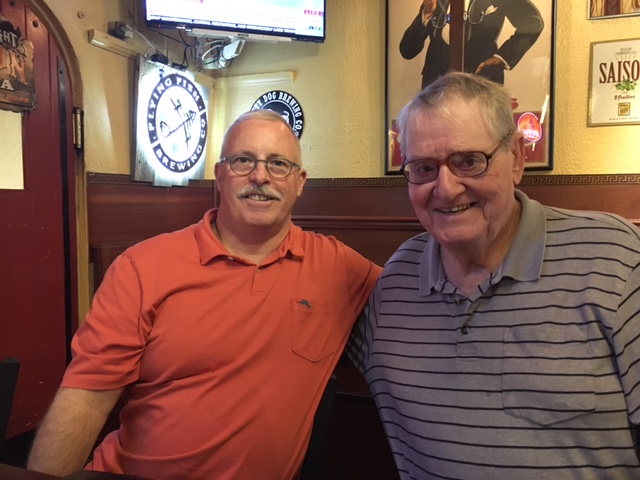Bob Connolly bob@reconnnollylaw.com
On Tuesday, September 14, 2021, the Antitrust Division issued a press release announcing a joint statement with the Federal Trade Commission warning contractors and vendors not to take advantage of the situation created by Hurricane Ida and collude on prices. See, Justice Department and Federal Trade Commission Issue Joint Statement to Preserve Competition in Post-Hurricane Relief Efforts.
While noting that the antitrust laws allow procompetitive collaboration between competitors, the DOJ press release warned: “The Antitrust Division and its law enforcement partners will not tolerate businesses and individuals who prey upon hurricane victims or seek to corrupt relief efforts… In the aftermath of Hurricane Ida, the division’s Procurement Collusion Strike Force will leverage every tool in its arsenal to root out collusion, corruption and fraud targeting disaster relief.”
The Statement of the Department of Justice Antitrust Division and Federal Trade Commission on Preserving Competition in the Wake of Hurricane Ida is similar to joint statements issued by the agencies during the COVID pandemic and also following Hurricanes Katrina and Rita in 2005 and following Hurricanes Harvey and Irma in 2017.
This effort is laudable and an excellent use of prosecutorial resources. As the press release says, “When a disaster like Hurricane Ida strikes, it’s unconscionable for any company to exploit the tragedy for their own financial gain….” This initiative, however, would be vastly improved if Congress created an incentive for witnesses to come forward, such as the criminal antitrust whistleblower statute proposed by Senator Amy Klobuchar, see https://cartelcapers.com/blog/senator-klobuchar-unveils-wide-ranging-antitrust-enforcement-legislation/.
The Hurricane Ida DOJ/FTC joint statement encourages persons with knowledge of price fixing and/or bid rigging to come forward:
“Anyone with information on price-fixing, bid-rigging, market-allocation agreements, or other anticompetitive conduct involving disaster recovery should call the Antitrust Division’s Citizen Complaint Center at 1-888-647-3258, or visit http://www.justice.gov/atr/report-violations.“
The SEC asks for whistleblower help in their enforcement efforts. They have a much better “pitch:”
The SEC has awarded approximately $1 billion to 207 individuals since issuing its first award in 2012. All payments are made out of an investor protection fund established by Congress that is financed entirely through monetary sanctions paid to the SEC by securities law violators. No money has been taken or withheld from harmed investors to pay whistleblower awards. Whistleblowers may be eligible for an award when they voluntarily provide the SEC with original, timely, and credible information that leads to a successful enforcement action. Whistleblower awards can range from 10-30% of the money collected when the monetary sanctions exceed $1 million. SEC Surpasses $1 Billion in Awards to Whistleblowers with Two Awards Totaling $114 Million, September 15, 2021.
I’m no Madison Avenue advertising guru (yikes, that is a dated reference) but if I was a potential whistleblower, the SEC press release is more of an attention grabber. (And if I was a potential price fixing, I’d think twice about fixing prices if the people in my company that I involved could be financially compensated for blowing the whistle.).
Currently, the Antitrust Division cannot promote whistleblowing as the SEC does because there is no whistleblower statute for criminal antitrust violations. But hurricane and other natural disaster relief efforts almost always involve massive federal (and state) funds. There is a way for whistleblowers to potentially receive a financial incentive for whistleblowing for collusion on government contracts. A whistleblower can file a False Claims Act suit where the federal government has been defrauded of money. The Antitrust Division could explain/advertise that fact in relevant press releases. It would also be helpful if the Antitrust Division established an Office of the Whistleblower (or Special Counsel for Whistleblowing–a bureaucratically easier step), to promote criminal antitrust whistleblowing where federal funds are concerned. A small step to be sure but a step in the right direction.
Thanks for reading.

